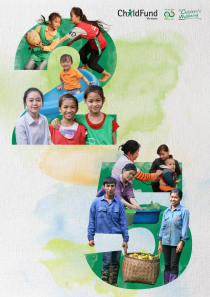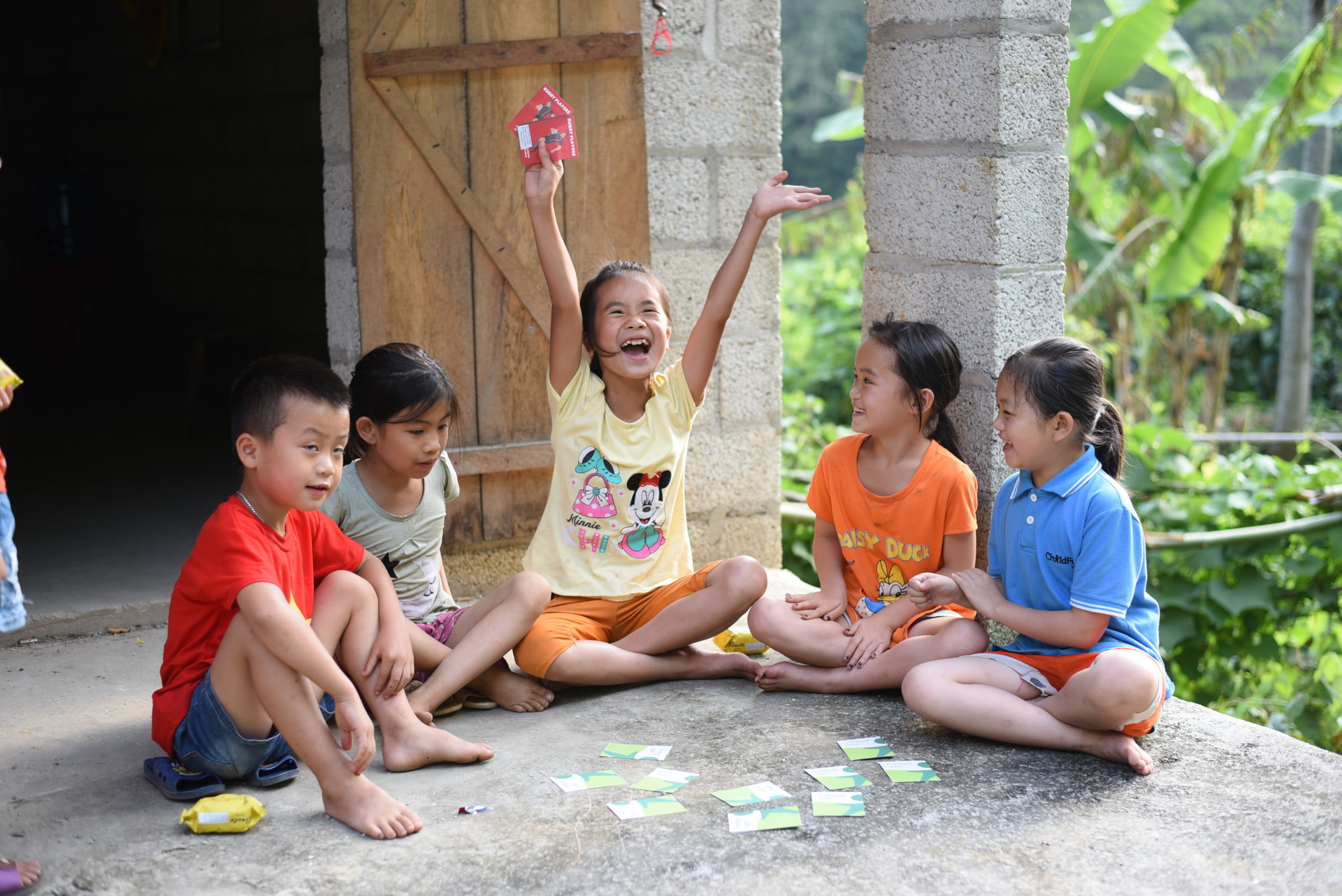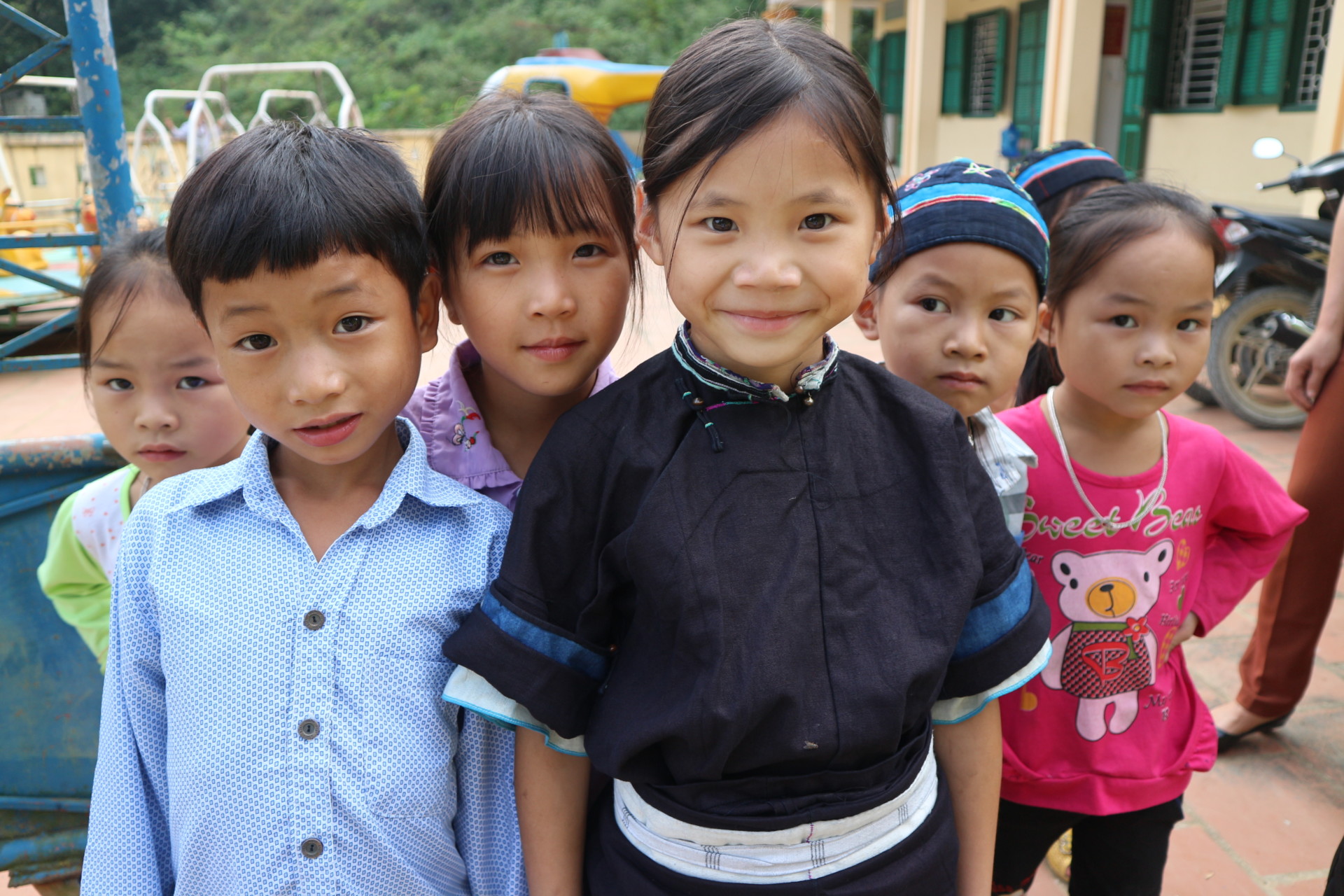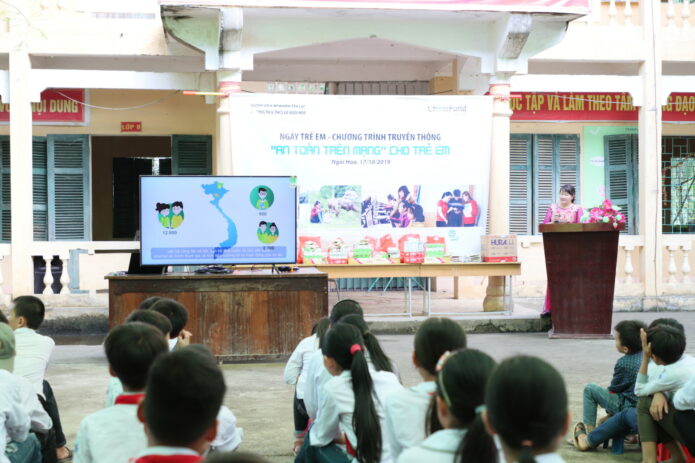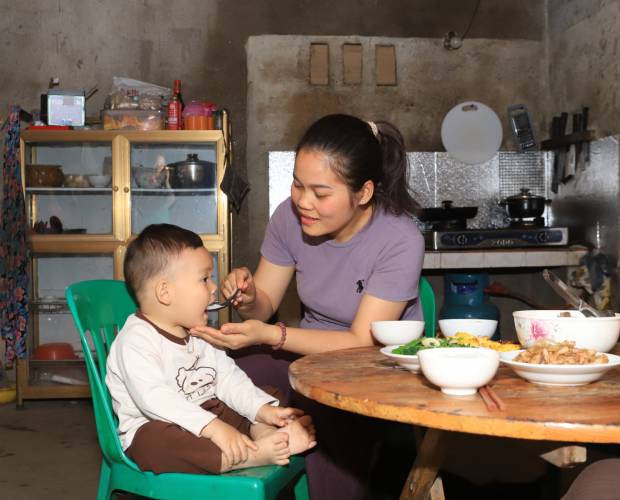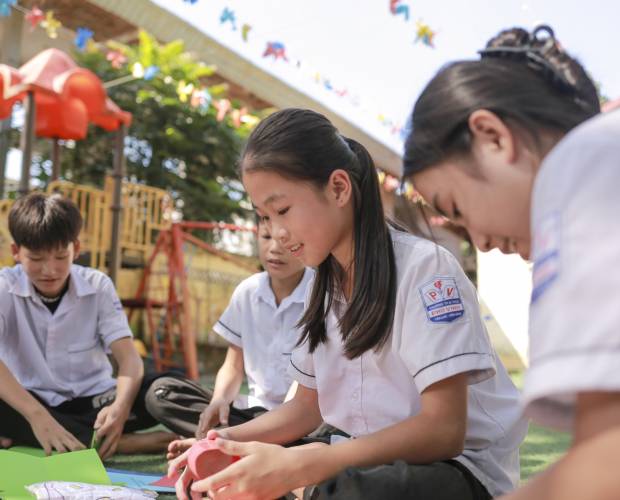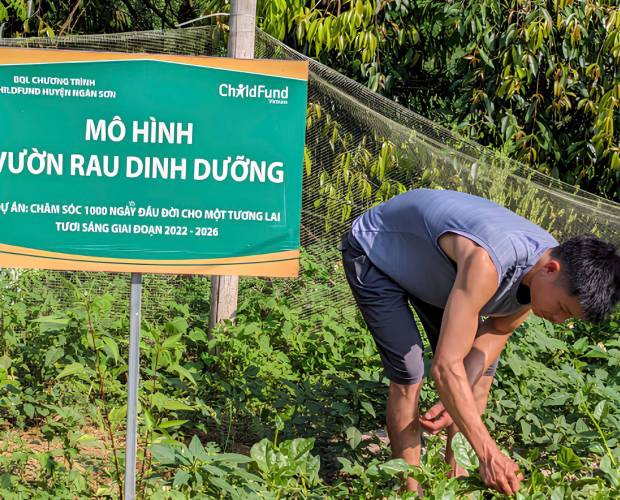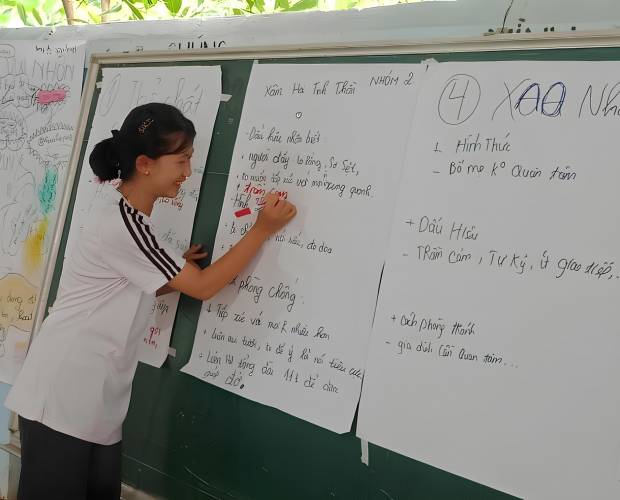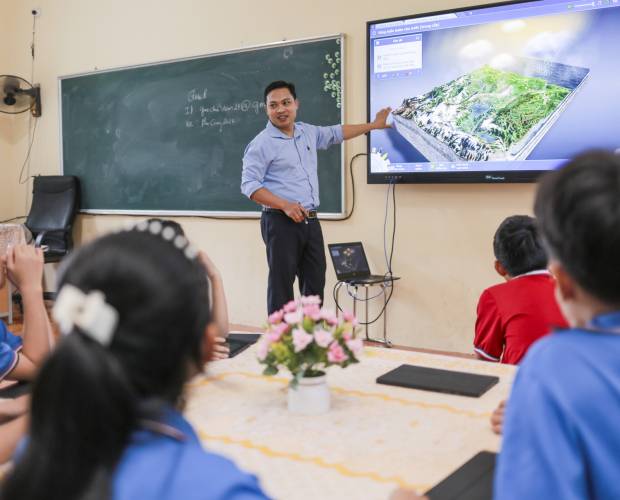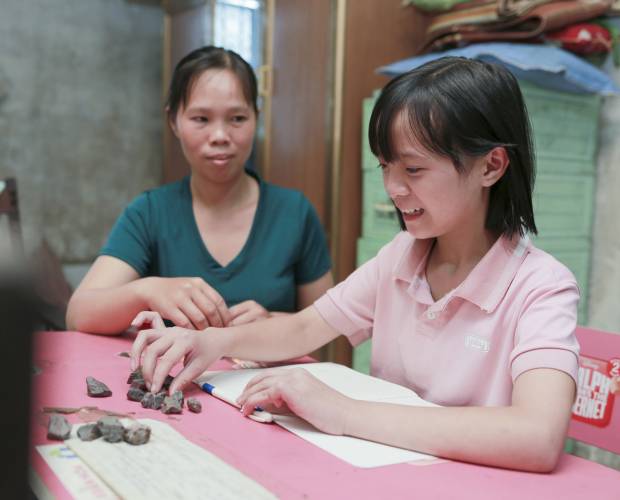- About Us
ABOUT CHILDFUND VIETNAM
About Childfund VietnamLearn about ChildFund Vietnam
THE WAY WE WORK
The way we workOur program approach and impact
WHERE WE WORK
Where we workAreas you are supporting
WORK WITH US
Work with usCareers and volunteering
- Programs
CHILD PROTECTION & CHILD PARTICIPATION
Child Protection & Child ParticipationInterventions to build communities in which children and youth can participate and contribute.
EDUCATION
EducationInitiatives to enable children to achieve their full potential as learners in safe, inclusive, well-managed schools.
HEALTH
HealthHealthcare related initiatives to boost the quality access to services for children and. community members
MULTI-SECTORAL, INCLUSIVE AND INTEGRATED APPROACH
Multisectoral, inclusive and integrated approachThe multi-disciplinary collaboration and integration necessary for all key child right areas we focus on.
- Resources
MEDIA & NEWS
Media & NewsLatest News & Media inquiries
PUBLICATIONS & REPORTS
Publications & ReportsAnnual Reports and Publications
STORIES
StoriesStories from the field
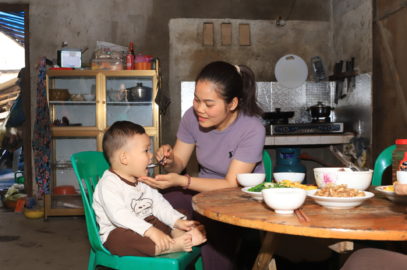
A Mother’s Journey to Nourishing Her Child
Before joining ChildFund Vietnam’s project in Ngan Son district, Bac Kan province, Bui Thi Dieu Linh, a young mother, often…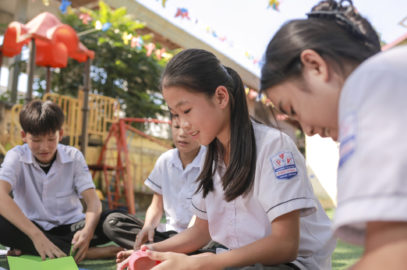
From Shy to Confident – Linh’s Journey of Growth with the “SEL Squad”
“Every day after school, I would just go straight home. I rarely joined any extracurricular activities. I was…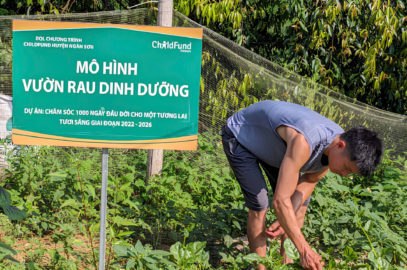
Boosting children’s nutrition for a brighter future
Xuan lives in Ngan Son District, Bac Kan Province, with his wife and two children. Their youngest child is just… - Get Involved

